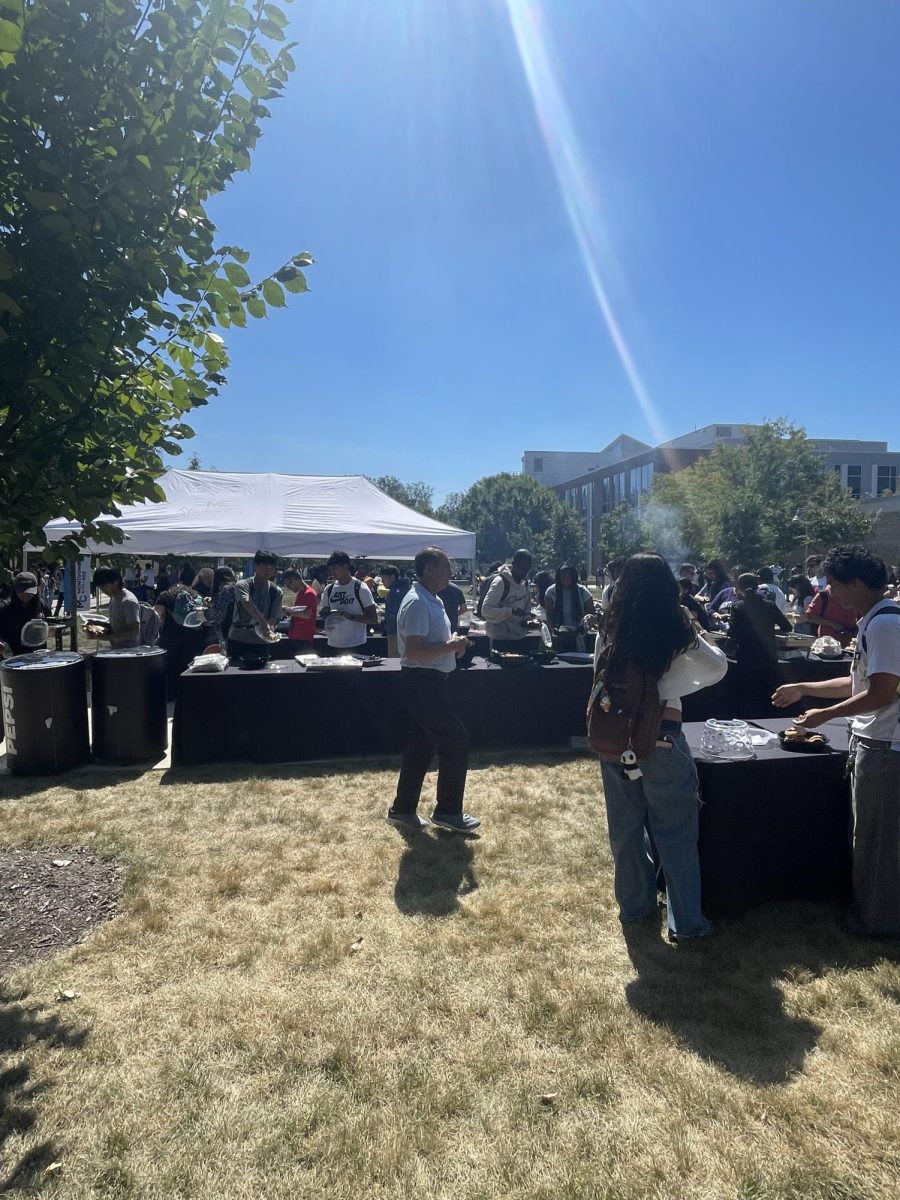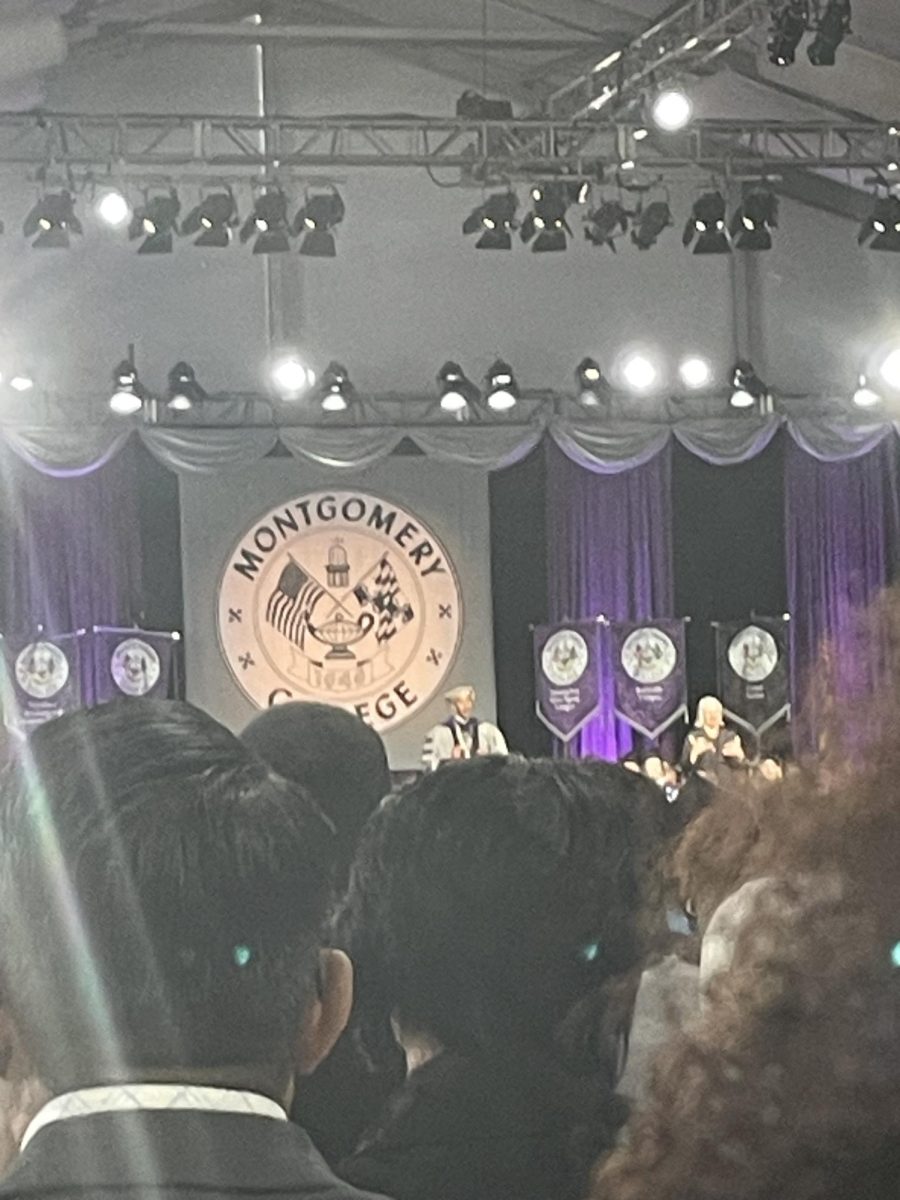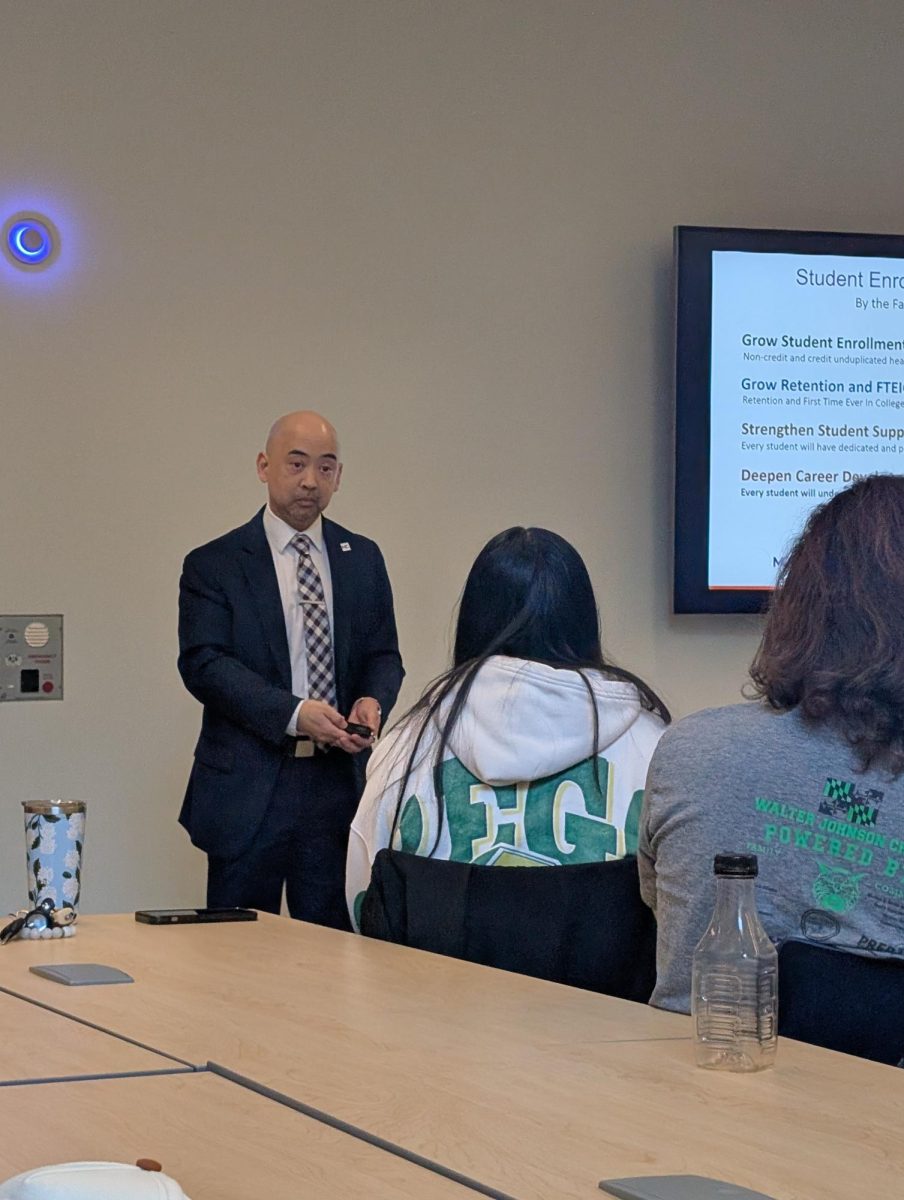Around the world, people characterize the current Israel-Hamas conflict by its historical roots, complex political dynamics, and significant humanitarian challenges. Dr. Aram Hessami, a professor in the Political Science and History Department on Montgomery College’s Rockville Campus provided further insight into the 2023 Israel-Hamas conflict in an interview with the MC Advocate.
“The historical context is critical in understanding these recurring tensions,” the professor stated. “It is essential to look at the British Mandate and the establishment of the state of Israel to grasp the roots of this conflict.”
He emphasized the deep historical claims Jews, Christians, and Muslims have to the land, dating back thousands of years, and the complexity this adds to the conflict. “The dispute, at its core, is about statehood and the quest for a national identity, particularly for the Palestinians,” he explained. Israel has occupied the Palestinian territories, including the Gaza Strip, since the Six-Day War in 1967.

Hamas has been vocal about its opposition to the state of Israel. During the interview, the professor discussed how unfortunate it had been that Hamas had launched an assault on Israel on October 7, 2023, despite all the efforts made by countries in the region to negotiate a peaceful solution to the Gaza issue between the Israeli Government and the Palestinian Authority and Hamas.
This assault involved over 3,000 rockets and breached the Israel-Gaza barrier. The attack, which saw heavily armed men entering southern Israel, led to the deaths of many civilians and military personnel and the kidnapping of approximately 200 Israelis, including children, destabilized in Israel and the Middle East. As of December 22, 2023, the conflict has led to more than 20,000 Palestinians and over 1,100 Israelis, and billions of dollars of damages to buildings, roads, and infrastructure in the Gaza Strip.
The professor highlighted the political dynamics: “the challenge is the division of authority between Gaza and the West Bank and the lack of a cohesive strategy for peace. The failure to address key issues like territory, statehood, and the two-state solution has perpetuated the conflict.” Addressing the international aspect, he notes, “the role of countries like the United States and organizations like the UN is under scrutiny, especially considering the humanitarian crisis. Balancing political support with humanitarian concerns is a delicate and complex task.”
He further remarked that, “at the heart of this conflict are human hostility, hatred, and pride issues. Despite advancements, there seems to be a lack of political will on both sides to find a lasting solution.”

He concluded with a reflection on the overarching themes of the conflict that at its core is about statehood, national identity, and deeply entrenched historical claims. The lack of political will and the division of authority in Palestinian territories continue to hamper peace efforts. International actors, while influential, face the challenge of balancing political support with pressing humanitarian needs.
As we reflect on the multifaceted nature of the Israel-Hamas conflict, it becomes evident that the issue is far more than a mere territorial dispute; it’s a complex tapestry woven with historical, political, and humanitarian threads. The insightful analyses provided by Professor Hessami in the Political Science and History department at Montgomery College shed light on the diverse dimensions of this enduring conflict.
To learn more information about the Israel-Hamas conflict, you can reach the Montgomery College History and Political Science Department located in HU 270 in the Humanities Building on the Rockville Campus. Additionally, Professor Hessami can be reached at the following email: [email protected].















